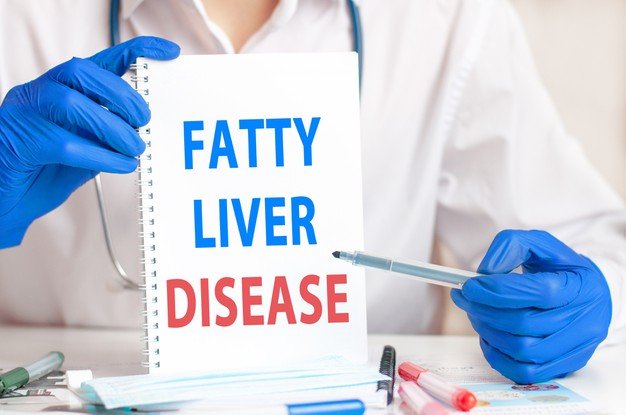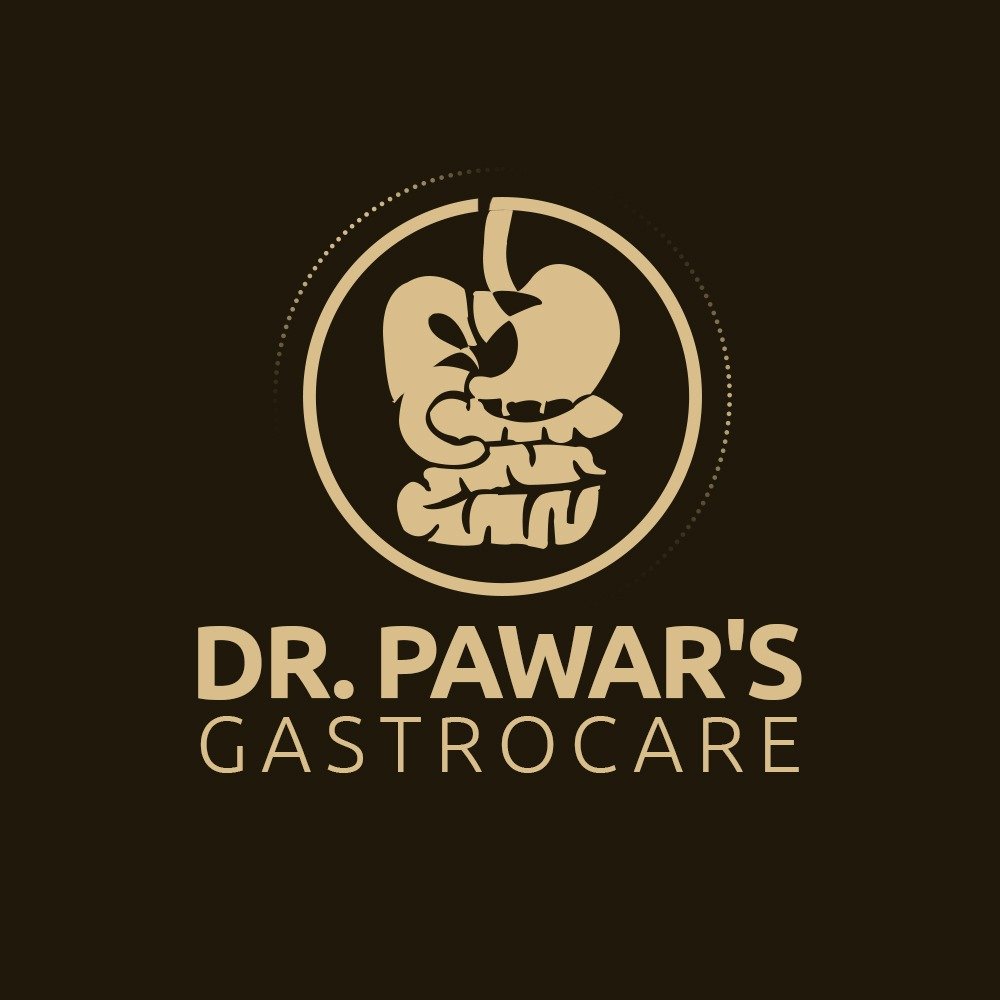FATTY LIVER

Nonalcoholic fatty liver disease (NAFLD) & Nonalcoholic steatohepatitis (NASH)
A Fatty liver disease occurs when excess fat gets accumulated in the liver. It is also called as hepatic steatosis.
The fatty liver disease could be a non-alcoholic fatty liver disease or NAFLD or alcoholic liver disease. The Nonalcoholic Fatty Liver Disease could be a simple fatty liver or a Nonalcoholic steatohepatitis (NASH).
A simple fatty liver is when the liver has fat accumulation without any symptoms.
Having a Nonalcoholic steatohepatitis (NASH) condition is a serious condition causing inflammation in the liver. The condition causes scaring in the liver which damages the liver giving rise to cirrhosis.
Symptoms
Though the symptoms are not usually seen at an earlier stage, the common ones to look for include:
- Discomfort in upper abdomen
- Fatigue
- Distension of abdomen and lower limb swelling
- Enlarged breasts in men
- Red palms and fingers
- Jaundice
Causes
The Fatty liver disease could be caused by:
- Metabolic syndrome and obesity
- Alcoholism is one of the major causes of fatty liver disease. The toxins produced due to over consumption of alcohol starts to built-up in the liver damaging it over time
- Metabolic conditions like diabetes or thyroid conditions may cause the liver to accumulate fat
- Poor nutrition conditions due to various reasons weaken the liver
- Certain Drugs
- Certain diseases like hepatitis, HIV and others
Treatment
The treatment of the fatty live involves significant lifestyle changes other than medication and therapy. There is no specific treatment or medication that could completely cure the damaged liver.
The lifestyle changes include reducing weight at first. Losing the weight causes fat loss and helps in reducing the fat stored in the liver too. Losing weight is accomplished with low calorie intake with exercise.
Those consuming alcohol should abstain from it completely.
General medication could be administered that could help deal with pain, help in reduction of fluid built-up body. Nutritional supplements are also administered to make-up for the loss of the nutrients in the patients.
In cases where the liver has stopped functioning, a liver transplant may be necessary.
